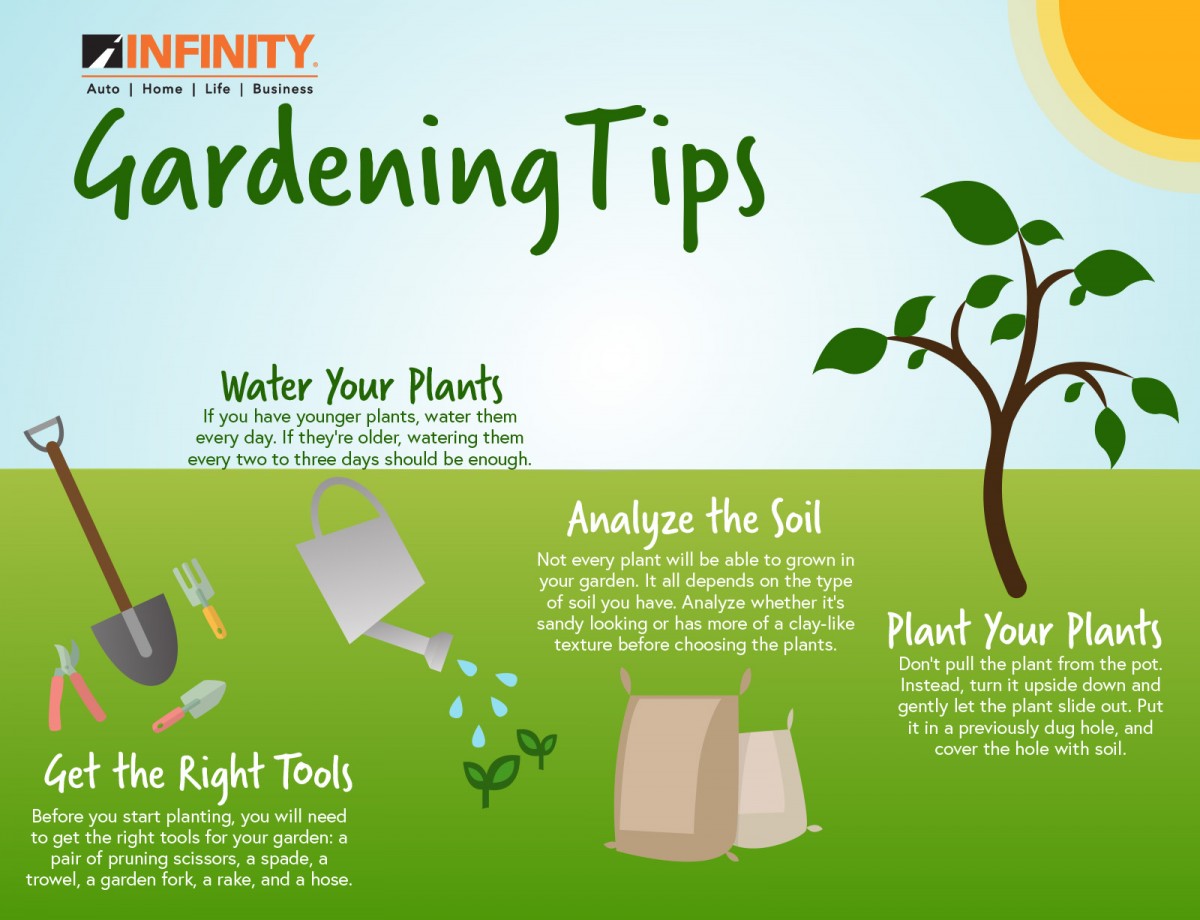As the sun starts to shine a little brighter and the days get longer, there’s something undeniably enticing about the idea of cultivating your own little patch of paradise right in your backyard. Growing your own food, being surrounded by vibrant flowers, and connecting with nature can bring immense joy and satisfaction. However, if you’re a beginner like me, the task of starting a home garden can seem overwhelming. Where do you begin? What do you need to know? Don’t worry; I’ve got you covered. Let’s dive into some tips and tricks to help you start your own home garden adventure.

First and foremost, it’s essential to assess your space and decide what kind of garden you want to create. Don’t let limited space discourage you! Even if you live in an apartment, you can still cultivate a beautiful container garden on your balcony or windowsill. If you have a larger yard, you can explore options for both flower and vegetable beds. Consider your lifestyle, available time, and level of commitment before deciding the size and type of garden that best suits you.
Now that you’ve settled on the type of garden you want, it’s time to prepare your soil. Good soil is the foundation for a successful garden, so invest time and effort into improving its quality. Remove any weeds, rocks, or debris, and then loosen the soil using hand tools or a tiller. Adding organic matter like compost, aged manure, or peat moss will help improve drainage, fertility, and overall soil structure. This step is crucial because healthy soil will provide the necessary nutrients for your plants to thrive.
Next up, choosing the right plants for your garden is key. Consider your climate, the amount of sunlight your garden receives, and the time you can dedicate to maintenance. If you’re a beginner, it’s generally recommended to start with low-maintenance plants that are hardy and resilient. Herbs like basil, mint, or rosemary are great options for beginners as they are relatively easy to grow and can be used in a variety of culinary delights. Alternatively, low-maintenance flowers like marigolds, zinnias, or petunias can add a pop of color to your garden without requiring too much attention.
Watering is a vital aspect of gardening, and getting into a routine will greatly benefit your plants. Different plants have different water requirements, so it’s essential to research and understand the needs of your chosen varieties. As a general rule, aim to water your garden deeply but less frequently, as this encourages plant roots to grow deeper into the ground. An effective way to water your plants is to use a drip irrigation system or a soaker hose, which delivers water directly to the root zone and reduces water waste.
Don’t forget about the importance of regular maintenance in a successful garden. Weeds will inevitably spring up and compete with your plants for nutrients and water. Regularly removing weeds from your garden beds will help your plants grow better and prevent any potential diseases or pests from forming. Additionally, pay attention to pruning and deadheading. Pruning encourages new growth, and removing spent flowers will promote continuous blooming throughout the season.
Gardening is not just about the plants; it’s about creating a habitat for a diverse range of wildlife. Encourage beneficial insects like butterflies and bees by planting nectar-rich flowers or incorporating a butterfly garden in a sunny corner. Create shelter for birds by hanging bird feeders or installing birdhouses. The harmonious coexistence of plants and wildlife will not only enhance the ecological value of your garden but also add a touch of natural beauty to your space.
Finally, remember that gardening is a journey, not a destination. Be patient, observe, and adapt. Your gardening skills will improve over time, and each season will bring new lessons and experiences. Don’t be disheartened by setbacks or failures; instead, see them as opportunities for growth and learning. Embrace the joy that comes from watching your plants flourish and the satisfaction of harvesting your own delicious produce. Gardening is a personal and rewarding endeavor that allows you to connect with nature, de-stress, and create a sanctuary right in your own backyard.
So, whether you’re a beginner or a seasoned gardener, take that first step and start cultivating your own home garden. The journey ahead may be filled with blood, sweat, and tears, but it will also be filled with beauty, wonder, and the deep satisfaction of nurturing life. Let the earth be your canvas, and let your garden be a reflection of your own personal sanctuary. Happy gardening!

